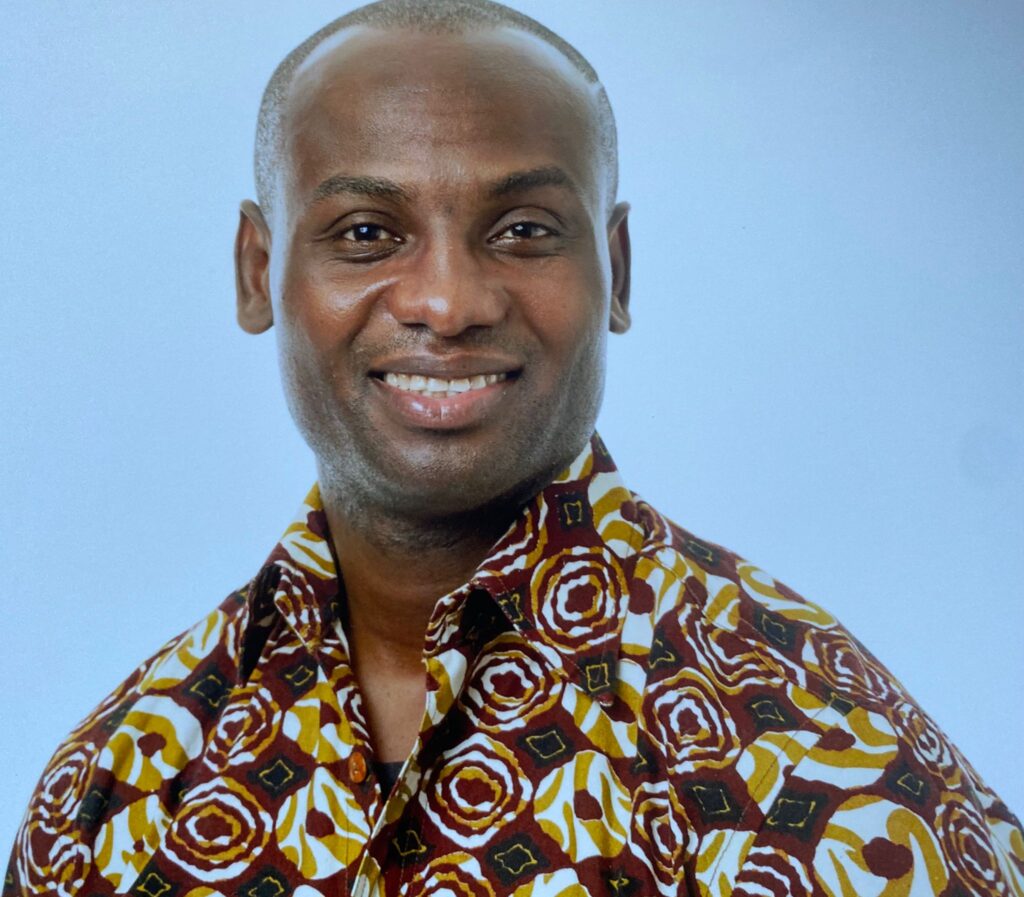As the world observes World Oxygen Day today, Eng. Kofi Owusu Asamoah, CEO of BKANK Group, has issued a strong call to action to regional leaders, health policymakers, and international stakeholders. In a press release titled “Medical Oxygen: The Invisible Lifeline We Cannot Afford to Ignore,” Asamoah emphasized the critical role of medical oxygen in saving lives and strengthening health systems across Ghana and the West African subregion.
“Medical oxygen is not a luxury; it is a human right,” Asamoah declared, underscoring the message that access to this essential commodity should be universal and reliable.
Oxygen therapy plays a pivotal role in the treatment of numerous medical conditions, including pneumonia in children, complications during childbirth, surgical procedures, and infectious diseases such as COVID-19, Lassa fever, and influenza. Despite its vital importance, many healthcare facilities across West Africa continue to face severe shortages.
According to Asamoah, the lack of oxygen cylinders, concentrators, skilled biomedical engineers, and consistent supply chains threatens the lives of the most vulnerable, particularly children, pregnant women, and those in intensive care. “These gaps in access to medical oxygen are preventable,” he said. “And we must act urgently to close them.”
The BKANK Group, in collaboration with national governments and development partners, is spearheading the Critical Health Regional Medical Oxygen Infrastructure Project, which aims to enhance and sustain access to medical oxygen innovations in West Africa. The initiative seeks to build a resilient and regionally self-sufficient supply chain while strengthening healthcare infrastructure from the ground up.
“This project is about more than equipment, which it’s about saving lives,” Asamoah noted. “We are investing in training, building regional supply capacity, and driving systemic change.”
To mark World Oxygen Day, Asamoah outlined a multi-point appeal to the international community and regional stakeholders:
Invest in sustainable oxygen infrastructure to ensure equitable and reliable access.
Support biomedical capacity building through training and recruitment.
Promote cross-border cooperation to address regional supply bottlenecks.
Ensure legislative recognition of oxygen as an essential medicine.
Improve pandemic preparedness by embedding oxygen security in health system planning.
Champion equity, ensuring no patient is denied oxygen due to their location or economic status.


